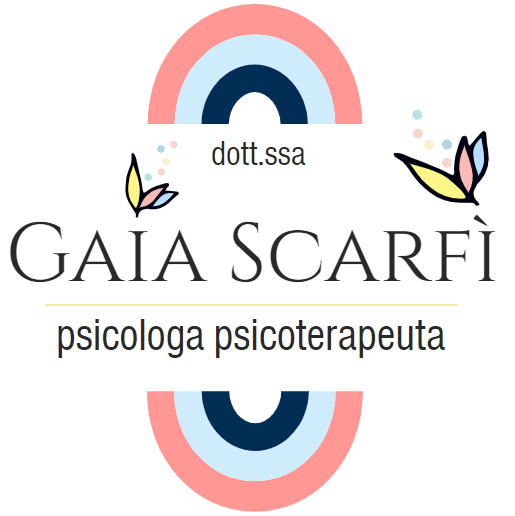Gli esseri umani sono soggetti a numerosi bias sistematici nel giudizio (Tversky & Kahneman, 1974), la maggior parte dei quali dovuti a processi inconsci. I bias e le euristiche sono scorciatoie di pensiero che hanno il vantaggio di semplificare la complessità della realtà e i processi decisionali, garantendo un utile risparmio di energia psichica attraverso queste strategie inconsapevoli.
Perché può essere così difficile cambiare idea?: il BIAS DI CONFERMA
L’EFFETTO DUNNING-KRUGER
L’EFFETTO BARNUM
IL BLIND-SPOT BIAS

